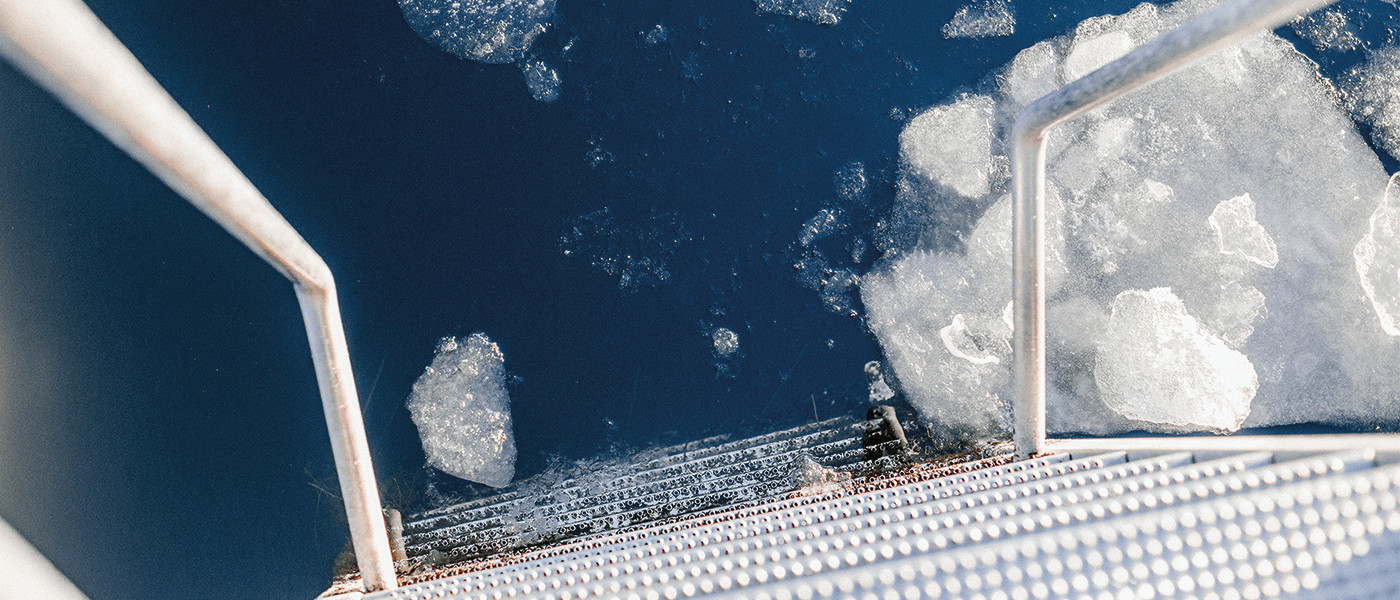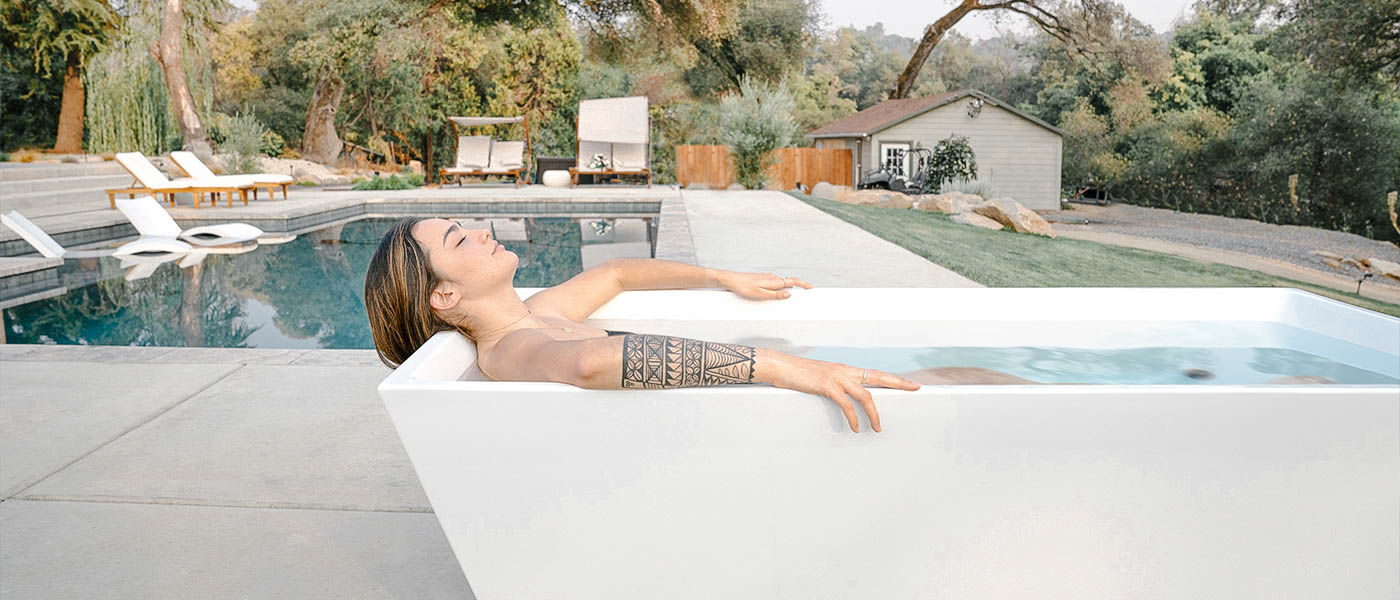Do cold showers increase testosterone?

Cold showers have long been debated in the health and wellness community, with proponents arguing that they can improve circulation, promote mental clarity, and even potentially increase testosterone levels.
On the other hand, skepticism contends that the benefits are often exaggerated or nonexistent. So, the question remains: do cold showers increase testosterone production, or is it merely a myth?
Investigating the benefits and myths. | Is there any truth to it?
Let’s examine the research and find out. In this blog post, we’ll dive deep into the science behind cold showers and testosterone, debunk common myths, and provide practical advice for safely incorporating cold showers into your daily routine.
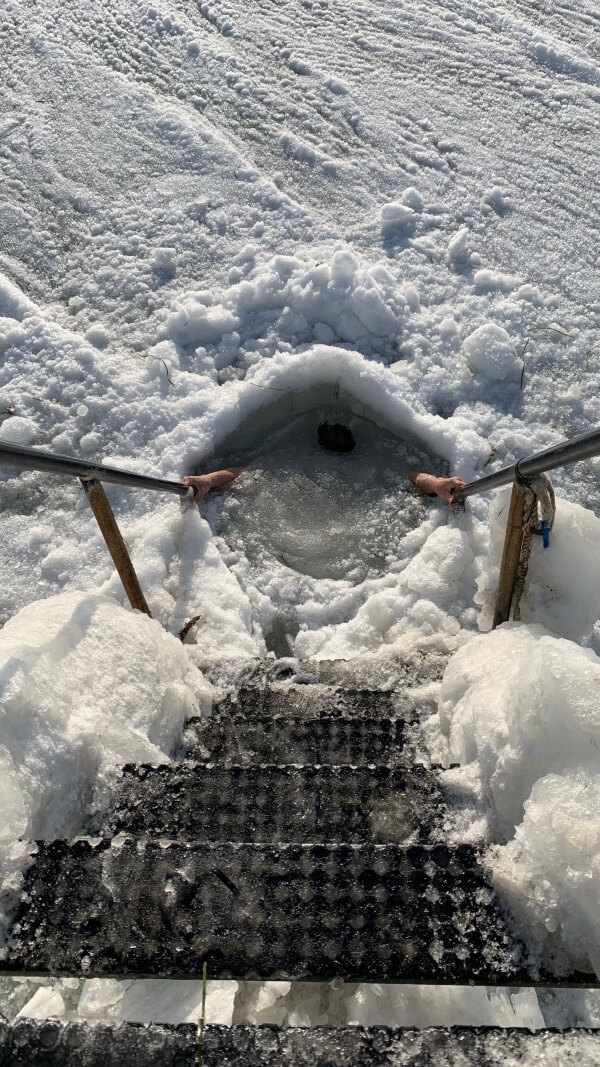
Short Summary
- Studies have shown mixed results on the impact of cold showers on testosterone levels. Research is needed to confirm potential benefits.
- Cold showers may offer additional advantages such as improved circulation, reduced inflammation, increased energy levels, and stress reduction. These effects are yet to be confirmed.
- Safely taking cold showers involves gradual temperature adjustment and consulting a doctor if suffering from heart disease or hypertension.
Do cold showers increase testosterone: The Science Behind the Claim
Cold showers have been touted as a natural way to increase testosterone levels in men, but is there any scientific evidence to back up this claim? Testosterone production is most effective when body temperature lies between 87°F (31°C) and 96°F (36°C).
This range provides the most optimal temperature environment for testosterone production. However, research on the impact of cold showers on testosterone levels has yielded mixed results, with one study indicating no change and another indicating a decrease in testosterone levels.
Testosterone levels can vary due to different factors. Age, diet, activity, sleep, and stress levels all have a role in the regulation of testosterone. Therefore, they must be taken into account when assessing testosterone levels.
Therefore, while cold showers may have some impact on testosterone levels, it’s crucial to consider the broader context of an individual’s lifestyle choices when evaluating the potential benefits of cold exposure.
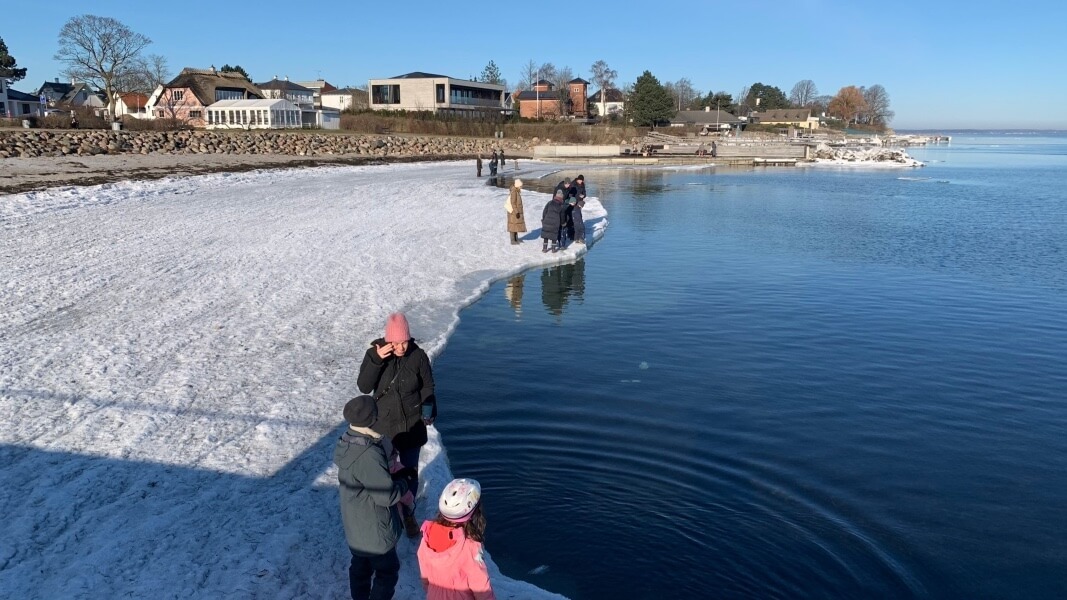
Temperature’s Impact on Testosterone
The influence of temperature alone on testosterone levels is also inconclusive. Several studies have indicated that cooler temperatures may decrease testosterone levels, while others have indicated no significant effect.
Furthermore, research suggests that the testes operate most efficiently at temperatures lower than body temperature. Temperature does play a significant role in the functioning of the testicles, and exposure to high temperatures can lead to a decrease in testosterone levels.
In the context of whether cold showers increase testosterone, it’s essential to recognize that the impact of temperature on testosterone levels is still not fully understood.
More research is needed to determine the exact relationship between cold exposure and testosterone production, especially in humans.
Cold showers and sperm count
Although the relationship between cold showers and serum testosterone levels remains uncertain, studies have indicated that cold showers may enhance male fertility by increasing sperm count.
Conversely, hot showers may have a detrimental effect on sperm count. Cold temperatures have been shown to have a positive impact on sperm quality and volume, which could potentially improve male fertility.
However, it’s important to note that more research is needed to confirm the potential effect of cold showers on sperm count in men. As with testosterone levels, the relationship between cold exposure and sperm count is complex and influenced by various factors.
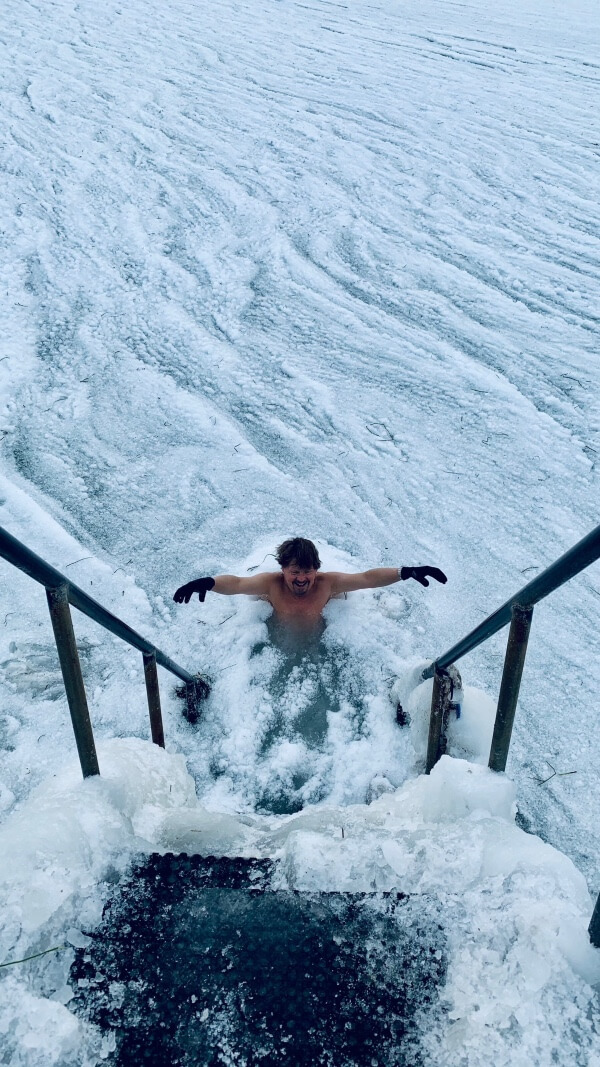
Additional Advantages of Cold Showers
Apart from the potential impact of cold water on testosterone levels, cold showers have been associated with several other health benefits.
In addition to increased testosterone, cold showers may also promote improved circulation and reduced inflammation. Some people even report an increase in energy levels after taking a cold shower.
However, as with the relationship between cold showers and low testosterone levels, further study is needed to draw definitive conclusions about the effects of cold showers on metabolism and other health benefits.
It’s important to approach the potential advantages of cold showers with a healthy dose of skepticism and to consider the broader context of an individual’s overall health and lifestyle choices.
Improved circulation and muscle recovery
Cold showers can be particularly beneficial for individuals who spend most of their day in a sedentary position.
These individuals may find relief from discomfort caused by cramped and stiff muscles, while also jumping-starting their circulatory system through cold showers.
Cold temperatures and cold stimulation can elicit a reaction from our bodies referred to as survival mode, which increases the heart rate and enhances circulation.
Moreover, there is some evidence suggesting that cold showers and ice baths may improve muscle recovery by calming muscles, increasing circulation, and decreasing the cramping of fatigued muscles. This could be especially helpful for those who engage in regular physical exercise, although the benefits may be slight and possibly exaggerated.
Mental health and stress reduction
Cold showers may also have positive effects on mental health.
The increased production of beta-endorphins and noradrenaline during a cold shower can have mood-boosting effects. Additionally, nerve endings send signals to the brain and release chemicals that can have antidepressant effects.
Exposure to cold temperatures can also initiate the secretion of norepinephrine, which can help manage stress and reduce inflammation in the body.
While the exact impact of cold showers on mental health and stress reduction is still being studied, these potential benefits of cold therapy may be worth considering for those looking to improve their overall well-being.
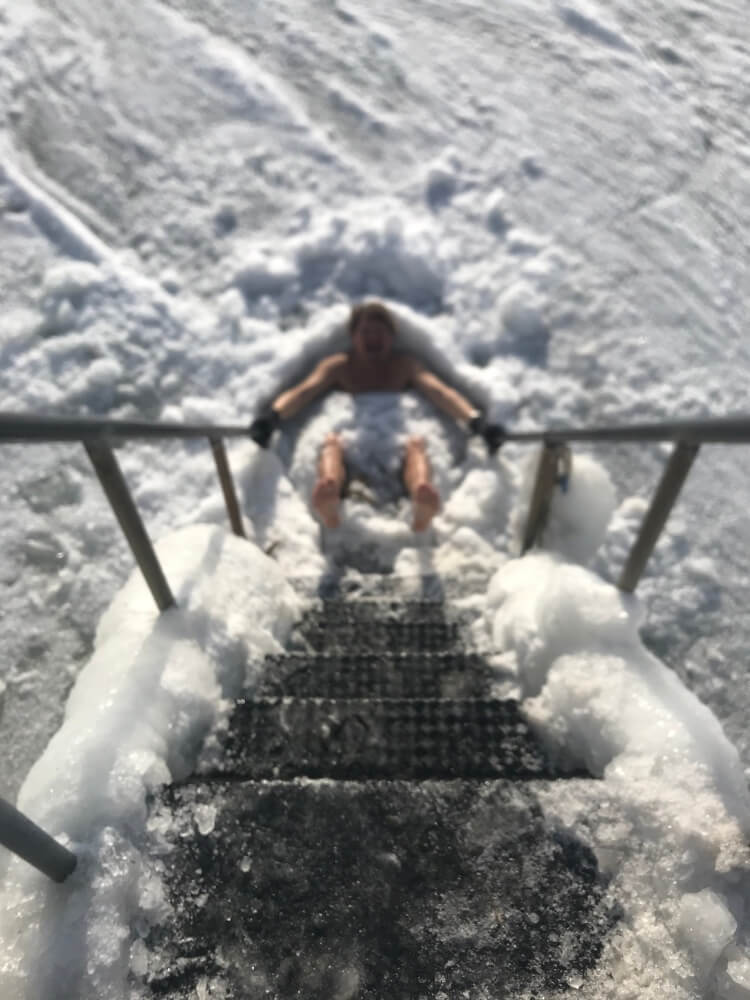
Comparing Cold Showers to Hot Showers: Pros and Cons
When weighing the potential benefits of cold plunge, it’s important to consider the pros and cons of both cold and hot showers.
Cold showers may help maintain skin hydration and improve alertness, while hot showers can provide relaxation to muscles and have a positive effect on cardiovascular health. However, hot water can strip away the natural oils from the skin and hair, resulting in dryness and irritation.
In contrast, cold showers can be unpleasant and may result in shivering. Ultimately, the decision to take cold showers should be based on individual preferences and health needs, as well as a thorough understanding of the potential benefits and drawbacks of each type of shower.
Health risks of hot showers
Hot showers can pose several health risks. They can lead to dry skin, disruption of skin cells, exacerbation of skin conditions such as psoriasis and eczema, and harm to hair cuticles.
Moreover, hot showers can weaken the immune system. By stripping the hair of its natural oils, hot showers can detrimentally impact hair quality and the skin’s capacity for keeping it healthy.
Therefore, it’s crucial to be aware of these potential health risks and consider incorporating cold showers or adjusting the temperature of your showers to mitigate these issues.
Also read >>> Cold plunge tubs: the ultimate guide
Balancing shower habits
It is essential to balance shower habits to preserve the skin’s natural balance and avoid potential health risks.
Experts recommend showering once daily and using skin-friendly shower products to help maintain the skin’s natural oils. It is also advised to keep the shower duration to five minutes or less to minimize potential negative effects on the skin.
By finding a balance between hot and cold showers and incorporating these best practices, individuals can enjoy the potential benefits of both types of showers while minimizing potential risks.
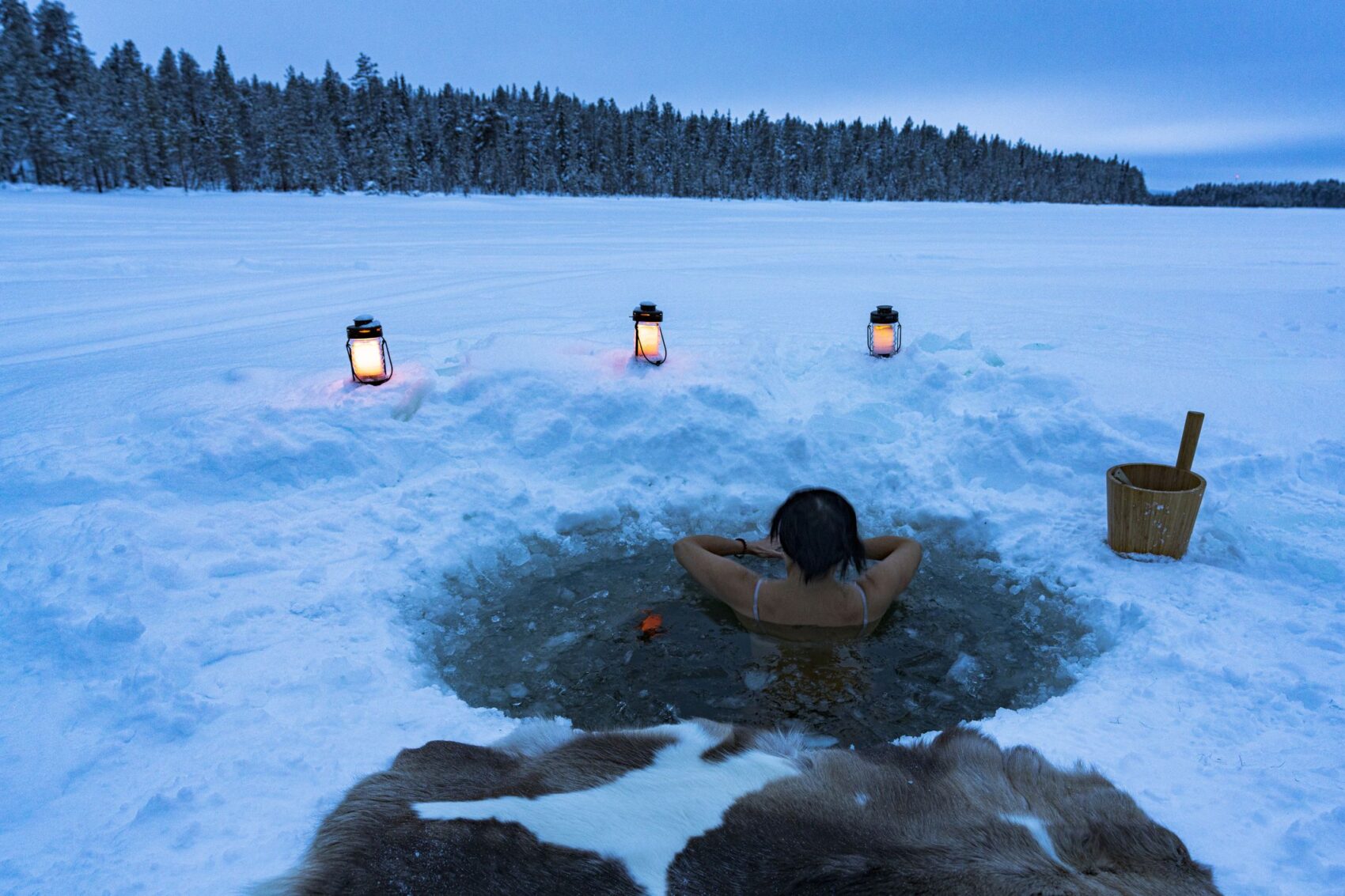
Debunking Cold Shower Myths
There are several myths surrounding cold water therapy and showers that need to be debunked.
While it’s commonly believed that cold showers can enhance fat loss and testosterone levels, there is no scientific evidence to support these claims. Additionally, the effects of cold water immersion on workout recovery may be slight or possibly exaggerated.
In this section, we’ll address two common misconceptions about cold showers: their impact on female fertility and their role in workout recovery.
Female fertility and cold water exposure
Cold water exposure can harm the female reproductive system, impacting ovarian and uterine functions and hormone levels.
Reduced blood flow caused by coldness can lead to painful periods, clots in menstrual blood, uterine fibroids, and endometriosis, all of which are associated with decreased fertility.
On the other hand, winter and spring semen patterns have been linked to “increased fecundability” and improved sperm morphology.
It’s important to recognize that there is no research to link cold water exposure with female fertility. While reducing exposure to warm water may increase sperm count in men, the impact of cold water exposure on sperm production and female fertility remains uncertain.
Overstated workout recovery claims
Cold showers may have a slightly beneficial effect on exercise recovery, but the magnitude of the effect may be overstated. While some evidence exists to suggest that cold showers may be beneficial for workout recovery, it’s essential to consider the potential risks when making decisions regarding showering habits.
In conclusion, while cold showers may provide some physical and mental health benefits, it’s important not to overstate their effects or rely on them as a substitute for medical treatment.
Also read >>> Using cold plunge therapy for recovery after exercise
Safe Practices for Taking Cold Showers
When considering incorporating cold showers into your daily routine, it’s crucial to follow safe practices to minimize potential risks. Research suggests that cold showers may have some potential benefits, such as training willpower and improving mental response to stress.
However, those with depression or mental health conditions, as well as those living in a cold climate, may be at risk of hypothermia.
In this section, we’ll provide practical advice for safely taking cold showers, including gradual temperature adjustment and when to avoid cold showers.
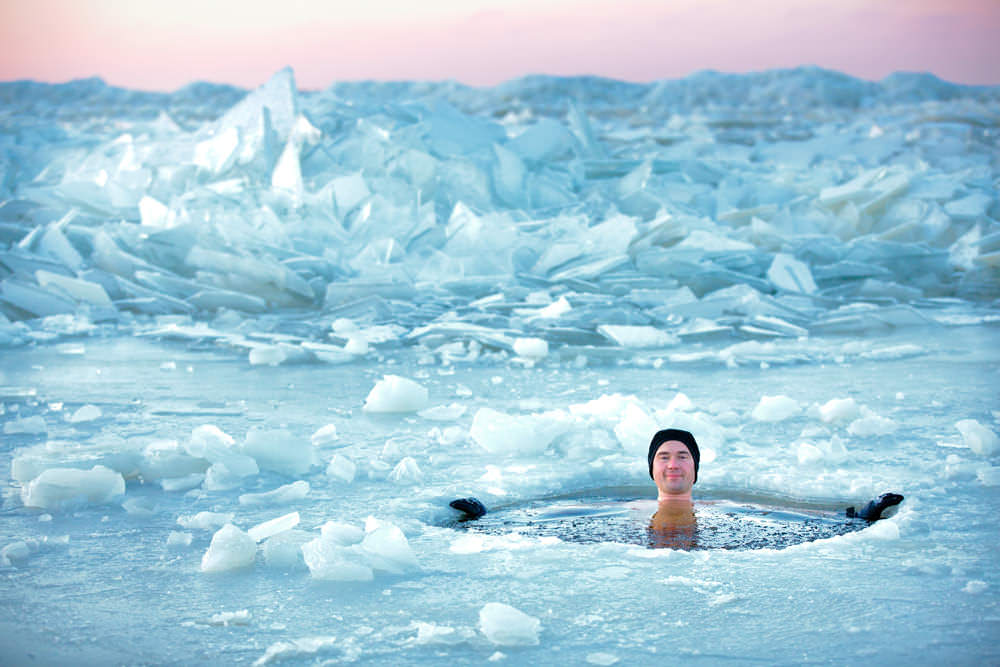
Gradual temperature adjustment
Gradual temperature adjustment refers to the process of altering the temperature of the water when slowly taking a shower.
This helps the body to adjust to the sensation of cold water gradually, instead of experiencing a sudden shock.
To adjust to cold showers gradually, begin with warm water and incrementally decrease the temperature to cool or slightly cold.
This stepwise alteration in temperature will assist your body in adjusting to the sensation of cold water.
A gradual temperature adjustment or ice bath can be beneficial for those with sensitive skin or those who are not accustomed to cold water, as it can help reduce the shock of cold water.
Additionally, it can help reduce the risk of sudden temperature changes, which can be hazardous.
When to avoid cold showers
Individuals with heart disease or hypertension should not take cold showers. Cold showers may elicit the flight-or-fight response, leading to an increase in heart rate and blood pressure, which may be detrimental to those with heart disease or high blood pressure.
It’s important to consult a physician before attempting cold plunging, particularly if any pre-existing health conditions exist.
By considering these factors, individuals can safely incorporate cold showers into their daily routine and potentially enjoy the various benefits associated with cold exposure.
Summary: Do cold showers increase testosterone?
In conclusion, the relationship between cold showers and low testosterone levels remains inconclusive, with research showing mixed results.
While cold showers may have several potential health benefits, such as improved circulation, muscle recovery, and mental health, it’s essential to approach these claims with skepticism and consider the broader context of an individual’s overall health and lifestyle choices.
By following safe practices, such as gradual temperature adjustment and consulting a physician when necessary, individuals can safely incorporate cold showers into their daily routine and potentially enjoy the various benefits associated with cold exposure.
The key is to stay informed, balance shower habits, and make decisions based on individual needs and health conditions.
Frequently Asked Questions
Do cold showers increase male fertility?
It appears that cold showers may have a beneficial impact on male fertility. Studies have found that cold showers can increase testosterone levels, leading to an improved sperm count and better motility of the sperm.
As such, cold showers may be beneficial for increasing male fertility.
Do cold showers help build muscle?
Overall, cold showers will not help to build muscle. Long-term use of cold water immersion after weight training can reduce the anabolic signals in muscles and impair muscle growth and strength gains.
For anyone looking to improve their muscle growth and strength, avoiding the cold shower is recommended.
Do cold showers affect hormones?
Yes, cold showers can affect your hormones. Cold showers are known to trigger the release of catecholamines, hormones released by the adrenal glands in response to physical or emotional stress.
Regularly taking cold showers can help regulate these hormone levels and can have a positive effect on the body and overall health.
Do cold showers increase testosterone?
Overall, the research suggests that daily cold showers may be beneficial in managing anxiety. Taking a cold shower appears to increase levels of the hormone norepinephrine, which can act as an anti-anxiety agent.
Moreover, cold showers lead to increased alertness and even happiness. Thus, evidence indicates that cold showers can help manage anxiety. Read our article with our selection of the best cold plunge on the market.
